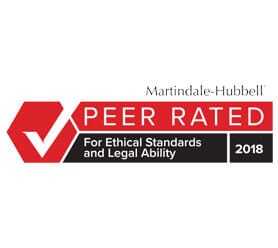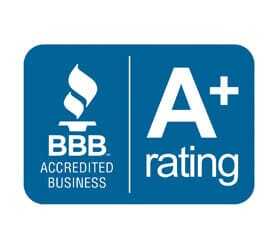



A person who assists another person or other persons in a criminal act can be charged with conspiracy or aiding and abetting. The description of an aiding and abetting crime varies from state to state, depending on the action of the crime. It is necessary to distinguish between the accessory and the principal in cases of criminal law. Under most jurisdictions, those charged with aiding and abetting (better known as an accessory) are not directly involved with the crime and are not present at the time of the crime. In cases where two or more people are charged for aiding and abetting, they are termed as “joint principals.”
The term “accessory” in legal terms refers to a person who assists in a criminal act committed by another or others. In most cases, one who is charged with aiding and abetting or being an accessory knew of the crime either before or after it occurred. They may be charged as either an “accessory before the fact” or “accessory after the fact.” An accessory may assist the principal through advice, actions or monetary support. To be convicted as an accessory to a crime, the person must possess an awareness of the crime, either before or after its commission.
Certain tests are used to determine whether one is guilty of aiding and abetting or being an accessory. It involves three elements: 1) that another person committed the crime; 2) that the individual being charged with the crime had knowledge of the principal’s intent; and 3) that the individual provided the principal with some type of assistance. Punishments for accessories vary from state to state. However, common law traditionally views accessories as being just as guilty as the principal in a crime, and thus subject to the same penalties.
Another term which may arise from an aiding and abetting case may be that of an accomplice. Unlike an accessory or abettor who provides information or assistance before or after a crime is committed, an accomplice is one who is present at the time a crime occurs.
Another type of charge, conspiracy, may be made if the principal crime was planned but never completed. So long as a plan to commit the crime has been made, and at least one person acts toward the crime, the prosecution may accuse a person of conspiracy to commit a crime. In order for a person to be found guilty of conspiracy, he or she must have been a party to planning the crime.
If you have been accused of aiding and abetting, of being an accessory to a crime or of conspiring to commit a crime, you need to enlist the aid of a federal criminal defense attorney who can help you protect and exercise your legal rights. Shemaria Law Offices deals with these types of criminal charges and provides expert counsel, evaluation of your case, and advice on your legal options. We aggressively fight on your behalf so that you can avoid being charged with aiding and abetting, conspiracy or being an accessory. Contact our expert criminal defense attorneys today for a free consultation, or call us at 310-278-2660 or 800-898-9555 toll free.
Call 310-278-2660 Today For The Tough Defense You Need





9171 Wilshire Blvd
Suite 500
Beverly Hills, CA 90210
Beverly Hills Law Office Map